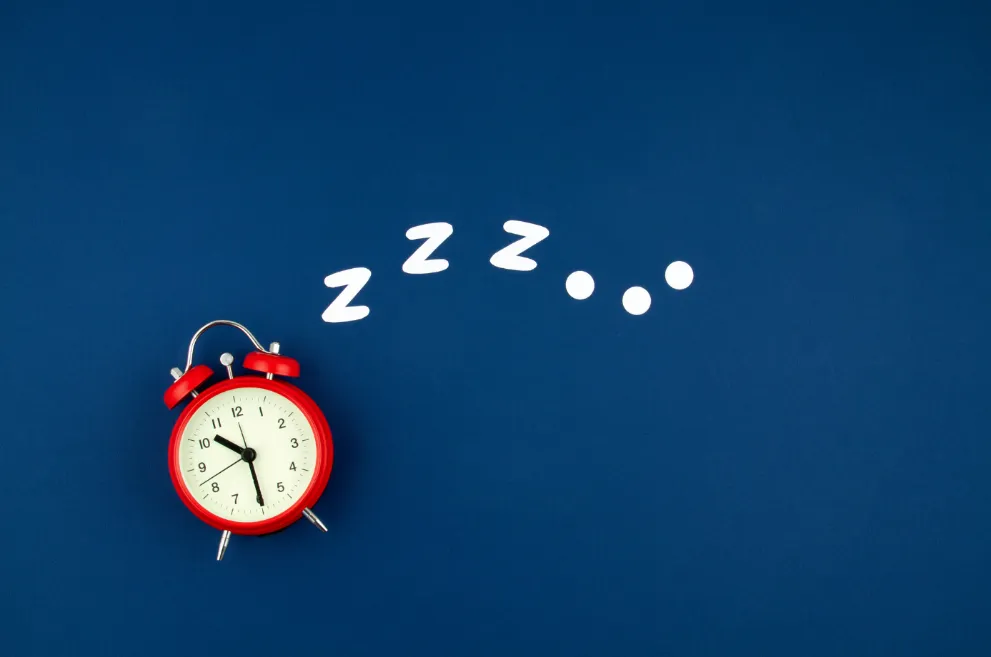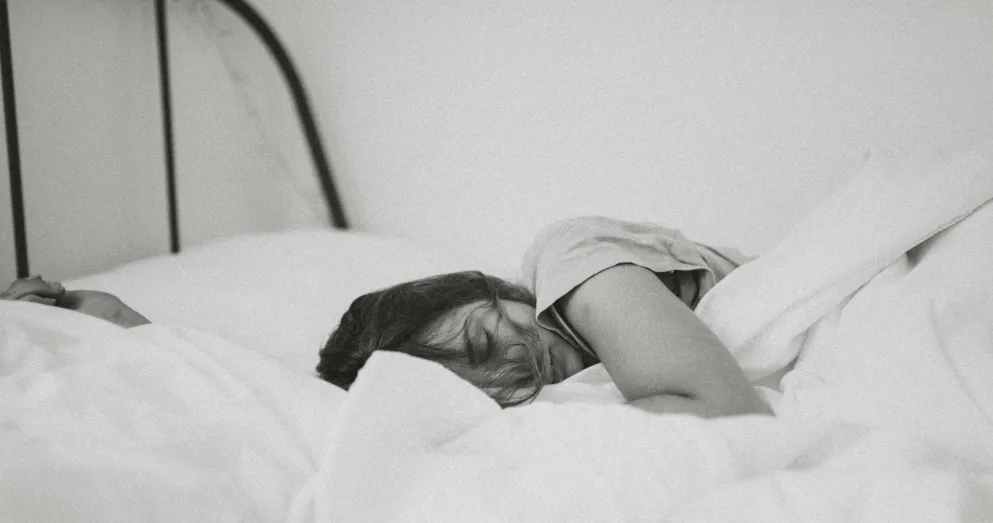6 Steps to Improve Your Sleep
- Avoid smoking, consuming caffeine or alcohol, and eating heavy meals close to bedtime.
- Set a consistent and relaxing routine to help signal to your body that it’s time to sleep.
- Keep your bedroom dark, cool, and quiet and avoid screens right before bed.
- During the day, expose yourself to plenty of bright light – natural light is best.
- Get regular exercise. The recommended amount of exercise for optimal sleep is 30 minutes a day, 5 days a week.
- Keep mealtimes as consistent as possible and maintain a balanced diet.
How much sleep do I need?
The National Sleep Foundation recommends seven to nine hours of sleep per night for adults between 18 and 64 years old. Adults over 65 may need 7-8 hours.
What are the benefits of healthy sleep?
Healthy sleep enables your body to recover for the next day's activity. It also helps control blood pressure, cholesterol, and hormone levels that aid in stress management and weight loss.
What can help if I can’t sleep?
Anyone can have occasional trouble sleeping due to environmental factors, stress, caffeine, or other temporary disruptions. However, if you consistently find yourself sleeping badly or having trouble falling or staying asleep, you may have a sleep disorder. If you are experiencing an inability to get enough sleep or sleep trouble that leaves you exhausted during the day, see your doctor.
If your sleep troubles are mild or occasional, there are some remedies and dietary supplements that may help:
- Melatonin: The body naturally produces melatonin, a hormone that helps regulate our circadian rhythms, but factors like blue light from electronic screens can effect melatonin production. Taking melatonin within an hour or so of your planned bedtime can make it easier to fall asleep.
- Valerian Root: Valerian root is an herb that can promote drowsiness and help you relax. Because it helps reduce anxiety and boost serotonin, it can help you feel calmer and ready for sleep.
- Other supplements: Some other supplements to try include magnesium, tryptophan, L-theanine, glycine, chamomile, and lavender.
- Aromatherapy: Some people report feeling calmer with the use of essential oils or pillow sprays with chamomile, lavender, bergamot, and others. The evidence is mostly anecdotal but there is research that smell can affect sleep, so choosing ones that promote a sense of calm can influence your ability to relax.
If you need over-the-counter or prescription medications to help improve sleep or to treat a sleep disorder, use a free RxLess discount card to save up to 88% at most pharmacies including CVS, Rite Aid, and Walgreens.
















